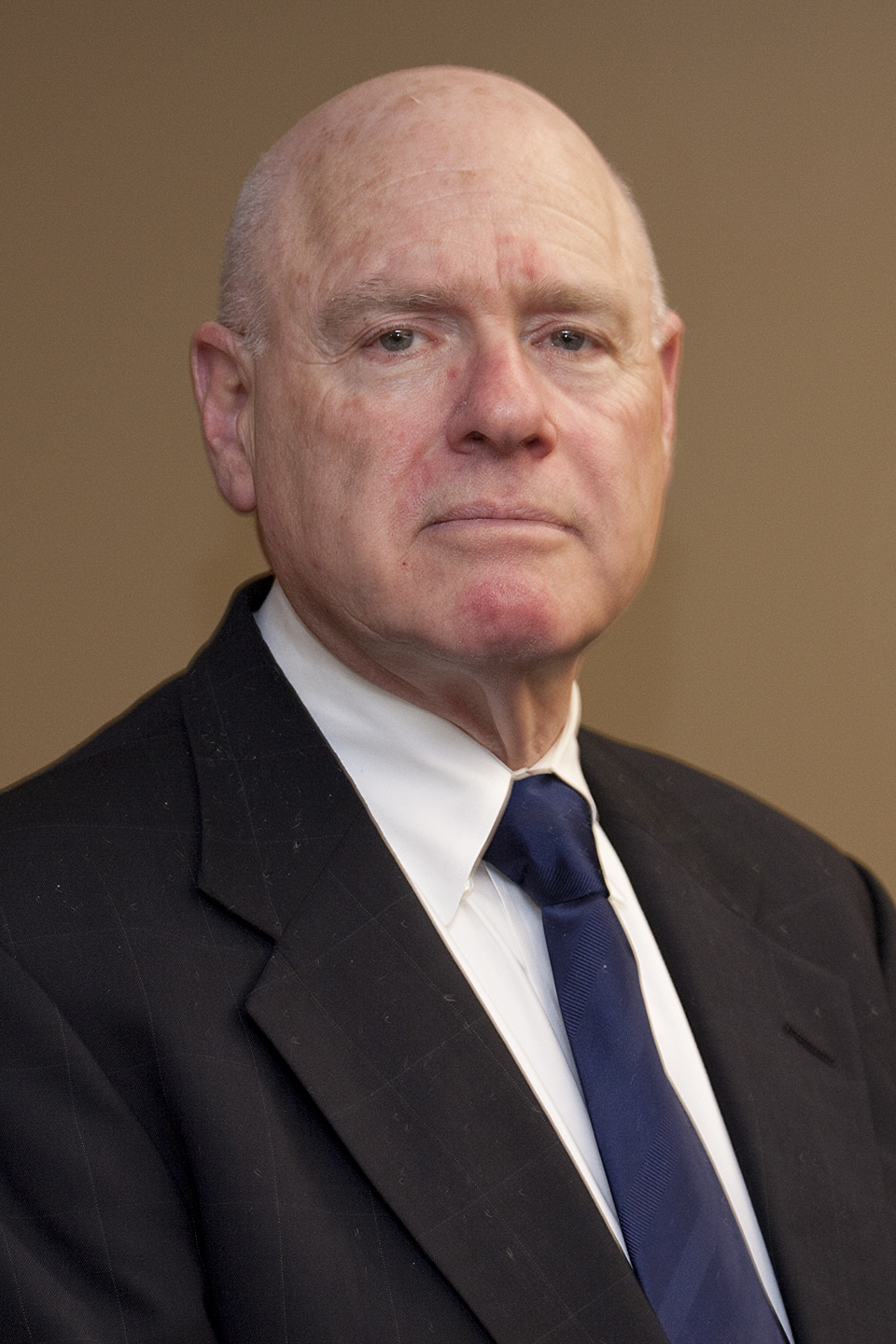State Approval: Creating Model Reciprocal Agreements
Published by: WCET | 2/10/2011
Tags: Reciprocity, Regulation, State Authorization, U.S. Department Of Education
Published by: WCET | 2/10/2011
Tags: Reciprocity, Regulation, State Authorization, U.S. Department Of Education
I am pleased to welcome Paul Shiffman, Assistant Vice President for Strategic and Governmental Relations as a guest blogger. As reported in earlier blog postings, Excelsior College’s Presidents’ Forum is working on model reciprocal agreements to aid institutions in obtaining authorization to ‘operate’ in other states. Paul’s post is followed by a few updates from me on the “state authorization” issue.
The Presidents’ Forum is a collaborative of over 150 institutions offering distance higher education, associations, and stakeholder policy bodies that cover all sectors of not-for-profit and for-profit higher learning. Now in its seventh year of problem solving for online and distance educational institutions, the Forum brings together higher education leaders that have the common attribute of facing the growing challenge to access and productivity.

Last year a Report of a Forum task force (Aligning State Approval and Regional Accreditation for Online Postsecondary Institutions: A National Strategy) defined critical policy issues that could significantly reduce state barriers that have tended to inhibit the ability of students to find appropriate access to degree opportunities and to complete progress toward a degree goal. In September, 2010 higher education officers of sixteen states, observers from several national organizations, and the not-for-profit and for-profit sectors of higher education, met to comment on the recommendations of the Presidents’ Forum Task Force Report. As a result of that meeting and subsequent funding from Lumina Foundation for Education, the Presidents’ Forum initiated the project (Multi-State Reciprocity in Postsecondary Approval and Regulation) to create a common template for the substance and processes of state approval. With the assistance of the Council for State Governments (CSG), to draft and educate policy makers about the benefits of model compact legislation that might support increased reciprocity and efficiencies among the states.
This project addresses key policy goals by exploring the potential of a voluntary, interstate agreement (compact) to help ensure greater student access to accredited online degree programs while ensuring high-quality and consumer protection. Through enhanced reciprocity among the states, the project seeks to develop rigorous, but common processes and standards, that could streamline the approval processes for institutions that seek to offer degree programs across political boundaries, while simultaneously enabling states to operate essential regulatory functions with greater consistency and efficiency.
Presently, the Forum is distributing a feedback survey to state officers, and other stakeholders, so that we may gain a more systematic understanding of state’s current regulatory status and the realities of the approval processes, including possible common forms that are essential to determining institutional credibility. It is anticipated that later this year, when we have reached reasonable agreement around a common template for state requirements and processes, the Presidents’ Forum will collaborate with the Council of State Governments to develop mod![]() el compact legislation, and throughout the following year, to jointly undertake a non-partisan educational program to inform policy makers and other stakeholders about the potential benefits to be derived from an interstate compact.
el compact legislation, and throughout the following year, to jointly undertake a non-partisan educational program to inform policy makers and other stakeholders about the potential benefits to be derived from an interstate compact.
In conclusion, success in this project will bring significant benefits to all parties – most of all, the students and the nation will be the beneficiaries, improving educational access and outcomes, strengthening the workforce and national economy. The overall goal, to broaden the nation’s capacity to successfully promote students’ enhanced degree completion, will help meet an urgent national priority.
Thank you to Paul for agreeing to update us on the plans and progress on these efforts. As a quick update:
We invite you to join WCET and support our work on this and other important issues.
Russell Poulin
Deputy Director Research and Analysis
WCET — WICHE Cooperative for Educational Technologies
rpoulin@wiche.edu
Twitter: wcet_info
State Approval update page: http://wcet.wiche.testing.brossgroup.com/advance/state-approval
2 replies on “State Approval: Creating Model Reciprocal Agreements”
It appears that the only way to solve this problem is to have states agree to comply to one regulating agency, in the same sort of way that new technologies comply with a “standard”, such as SCORM. It streamlines the process. My question to you is whether you know of any such regulating agency across countries. I have been asked to participate in a college in Uganda and they are seeking an education the equivalent of one offered in the US. It seems that one regulating agency is the logical next step to international reciprocity as many of our distant ed students (other than VI) are from the Middle East as well as from the states.
Be careful what you ask for, you might just get it. The federal government might step into this role and there are many in higher education that don’t wish to see that.
I’m not an expert on international agreements, but maybe someone else will have some insight. Meanwhile, I suggest looking at the European Bologna Accords: http://en.wikipedia.org/wiki/Bologna_Process
Russ